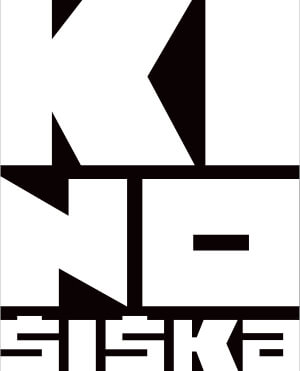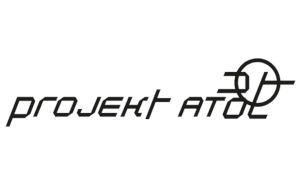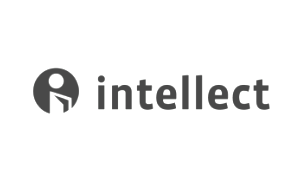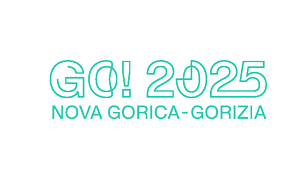We were selected for the Cosmic Consciousness Literary Artist residency of the SETI (Search for Extraterrestrial Intelligence) Institute with our project Exoplanetary Poetry, an experiment in communication with speculative extraterrestrial beings. The project is supported by the AI Stipendium in der Kunst of the Austrian Ministry of Arts and Culture. We would be excited to present our creative process to the TTT community, to spark reflections on interspecies communications and the alien umwelt.
We aim to co-author a collection of poems with a speculative extraterrestrial being in the form of an AI and present it as a multi-sensory experience. In the process, we hope to transcend linguistic and sensory boundaries to make the co-created poems accessible to a multitude of human and other-than-human bodies.
Inspired by Sara Walker’s research on the origin of life, and SETI’s research on the chemical composition of exoplanetary atmospheres as indicators of potential extraterrestrial life, we propose chemistry as a poetic language to communicate with a speculative alien being. We want to train a language model using chemical data by mapping atmospheric structures onto natural (human) language, reimagining chains of molecules as sentences, molecules as words, atoms as letters/syllables, and subatomic particles as haptics and sounds.
With this language model, we will co-author the poetry in English, then translate the result back to chemistry creating a multi-sensory atmospheric performance of "chemical life poems" — controlled environments where chemical reactions produce visual, olfactory, and tactile experiences. This approach speculates how alien beings might perceive and create poetry, aligning with Walker’s notion of the vast and diverse possibilities of life shaped by chemistry.
Presenting our creative process as part of this conference would allow us to open a dialogue about chemistry as an interspecies linguistic mode of communication and enable discussions about poetic gestures beyond the human.
Julie-Michèle Morin is an artist-researcher, dramaturg, and technoqueerfeminist thinker working at the intersection of live arts, machines, and political speculation. They recently completed a joint PhD at Université de Montréal and the University of Antwerp (2025), where their research interrogated the dramaturgies of robotics and the lingering humanist, technocapitalist, racist, and patriarchal assumptions embedded in technoscientific imaginaries.
Their most recent performance projects—Glitching Optimization in a Few Steps: A Lecture-Performance about Robotic Failures (2023) and Reassembling Bolts of Care: Yet Another Talk about the Future of TechnoCare (2024)—stage machinic encounters that resist solutionism and care for failures as a mode of living and caring.
Currently a postdoctoral fellow at Université Laval, they examine the affective narratives mobilized by the AI industry and explore how artists disrupt, reconfigure, or sabotage these dominant scripts through critical fabulation and speculative performance.
Julie-Michèle’s writings have appeared in Theatre Research in Canada, Liberté, Jeu, Esse arts + opinions, aparté | arts vivants, Spirale and Percées. They co-edited the book La vidéo en scène : l’acteur et ses technologies [Video on Stage : Actors and their technologies] (2023) with Josette Féral.
Above all, they love tinkering, dogs, hacking, objects, snails, disobedient machines, slow practices, astrochemistry, sharks and theater as a space of unresolved questions.
daniela brill estrada is an artist and researcher from Bogotá, living and working in Vienna. in her artistic work, currently focused on origin of life research and astrobiology, daniela shows matter that mutates, changes and interacts, to question and challenge western hierarchical taxonomies, disciplines, and categories. in her installations and research daniela questions the apparent static, binary, linear and mechanical existence of bodies, humans, societies, and systems, and looks for the complex, chaotic elements that guide them. daniela is currently an artist in residence at the SETI institute, and a PhD candidate at the art x science school for transformation.
Back








